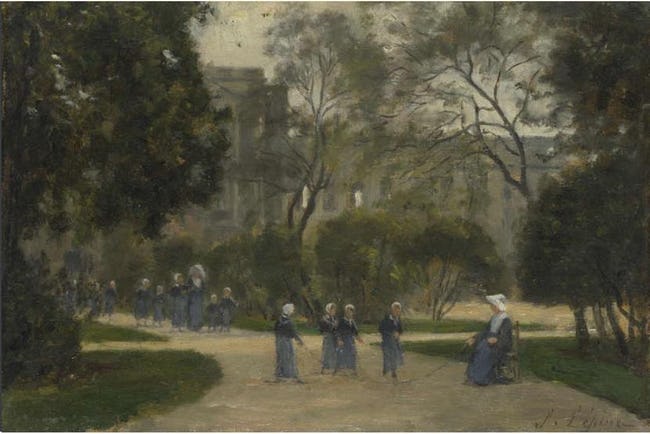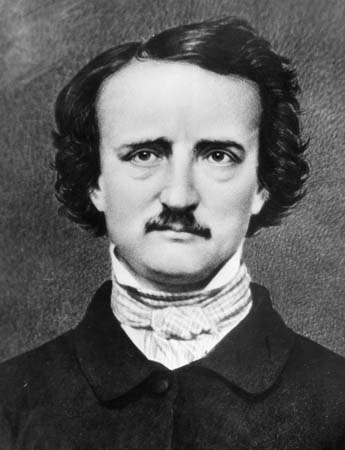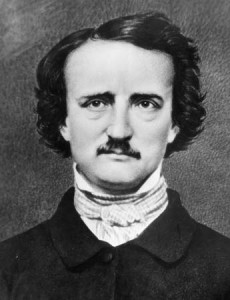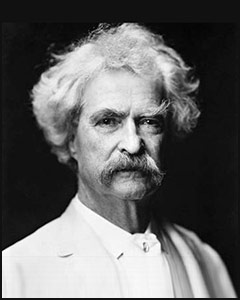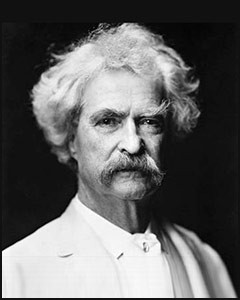 To Abbott Lawrence Lowell
To Abbott Lawrence Lowell
C/o Brown Shipley & Co. 123 Pall Mall, London.
Paris. June 6, 1912.
Dear Mr. Lowell:
Your letter about the proposed lectures at some French Universities reaches me when I was about to write to you in a wholly different sense. The death of my mother, which occurred shortly after I left America, has made a great change in my personal situation, leaving me without a home in Boston and with most of my close friends and relations living in Europe. It seems clearly to mark the moment when I should carry out the plan I have always had of giving up teaching, returning to live in Europe, and devoting myself to literary work. Each of these things is an object in itself sufficient to determine me, and the three conspire together. The plan which you kindly proposed and we agreed upon last winter, that I should continue to spend four months of each year at Harvard, certainly had many advantages; but it was a compromise. I hardly think we could have been faithful to it long. I should not have attained my object of a change of life, and I should not have left the field open for you to choose my successor. In any case, under the changed circumstances, I could not bring myself to return to Cambridge. I therefore enclose a formal resignation of my professorship, and I hope you will not ask me to reconsider it. This is a step I have meditated on all my life, and always meant to take when it became possible; but I am sorry the time coincides so nearly with the beginning of your Presidency, when things at Harvard are taking a direction with which I am so heartily in sympathy, and when personally I had begun to receive marks of greater appreciation both from above and from below. But although fond of books and of young men, I was never altogether fit to be a professor, and in the department of philosophy you will now have a better chance to make a fresh start, and see if Harvard can secure the leadership of the next generation, as it had that of the last.
As to the lectureship in France, it is not proper that I should now be a candidate for it; but having some experience of the matter I should say that, unless the study of English here has made great strides since 1906, audiences really able to understand English lectures cannot be found except in Lyons, Bordeaux, and possibly Caen. There is danger that, for the listeners, the courses should degenerate into exercises in pronunciation or exercises of patience. The fee of 500 francs seems small. It would cover expenses for the fortnight, but it would offer no compensation for the work of preparation nor for the other energies which such an undertaking uses up. I found the provincial capitals usually delightful and the officials kind; but a second visit might be less stimulating, and I think a new and younger person might profit by it more, and might arouse more interest in the place he visited.
From The Letters of George Santayana: Book Two, 1910–1920. Cambridge, MA: The MIT Press, 2001.
Location of manuscript: Harvard Archives, Harvard University, Cambridge MA.


